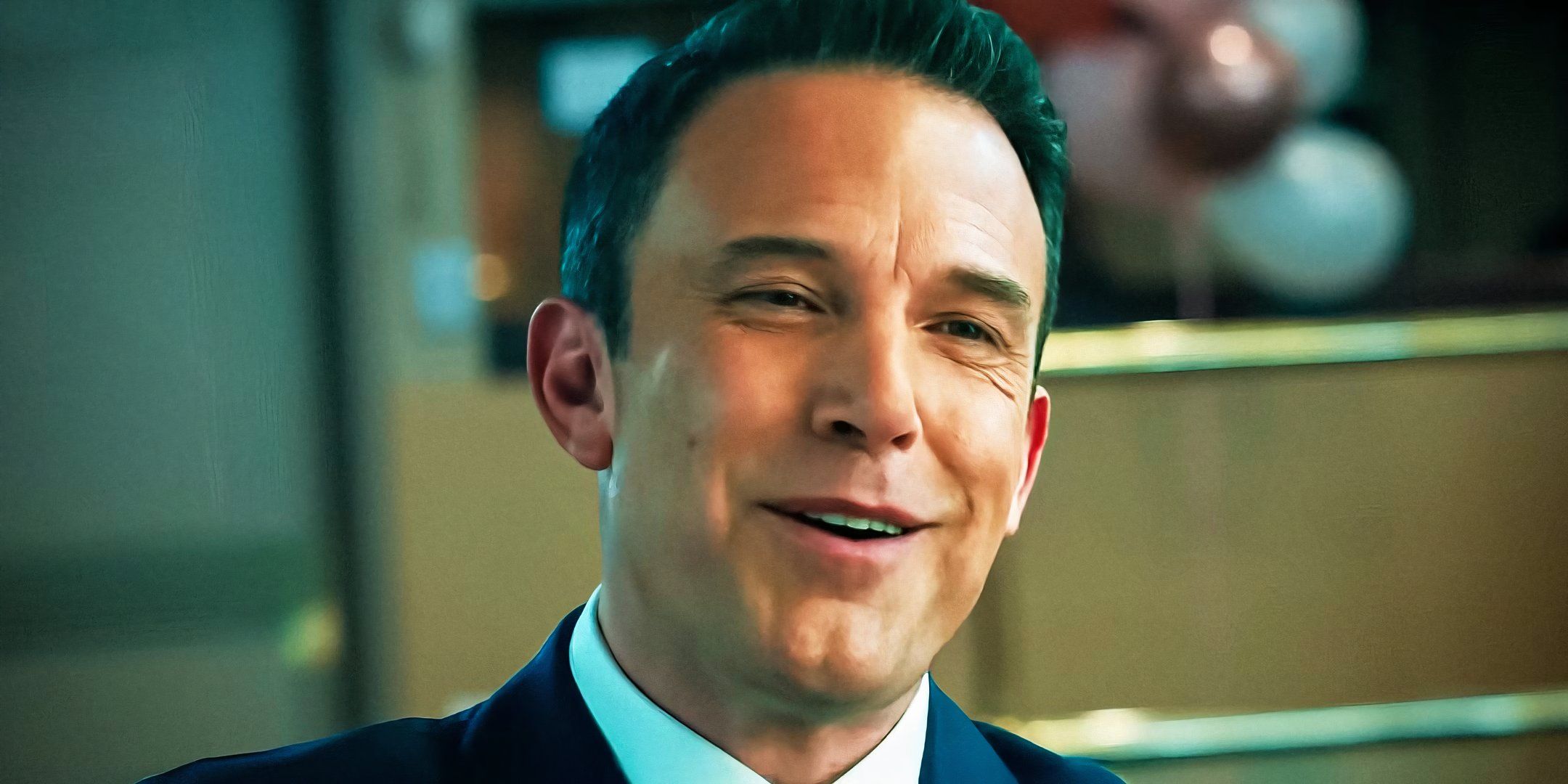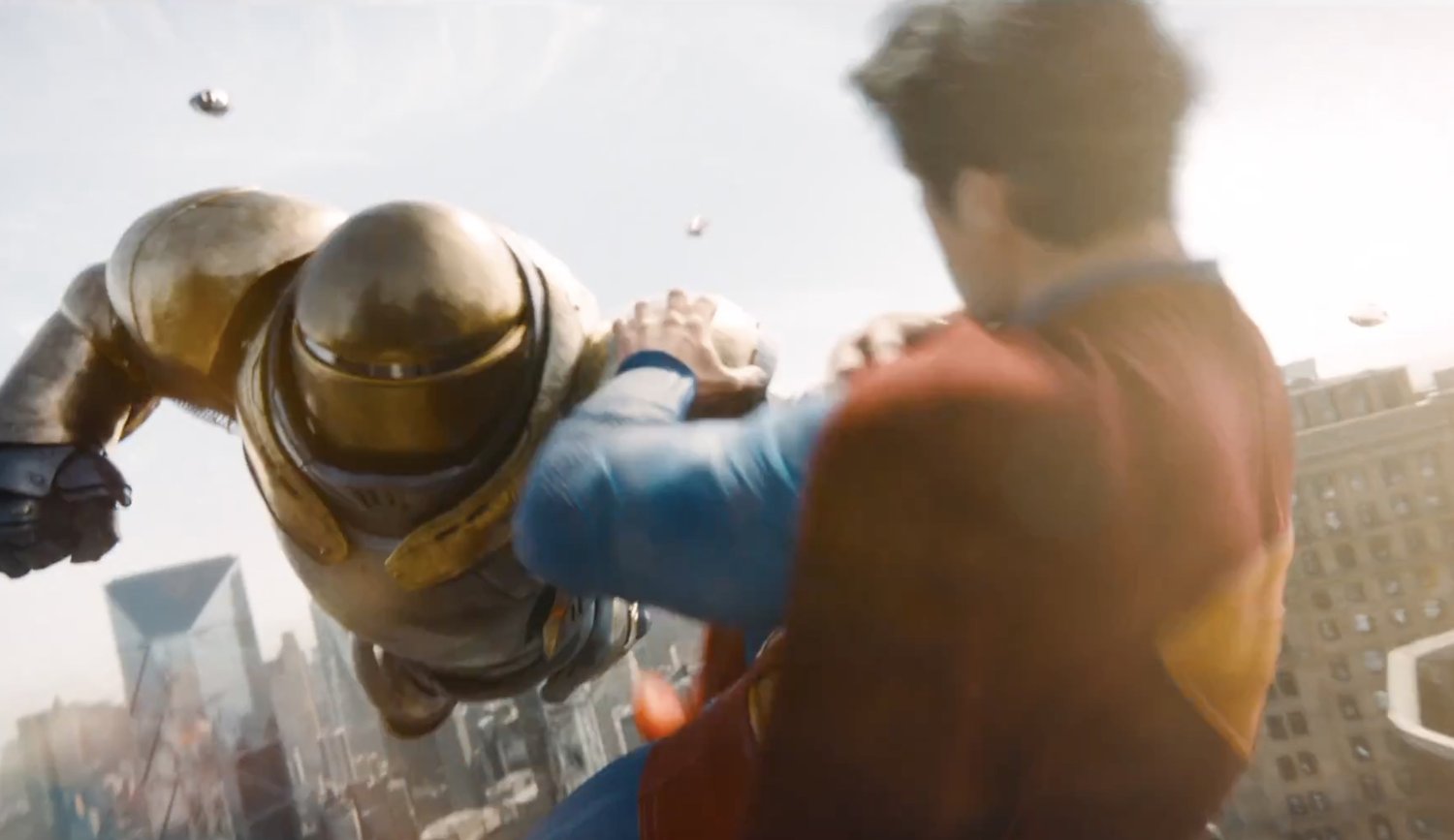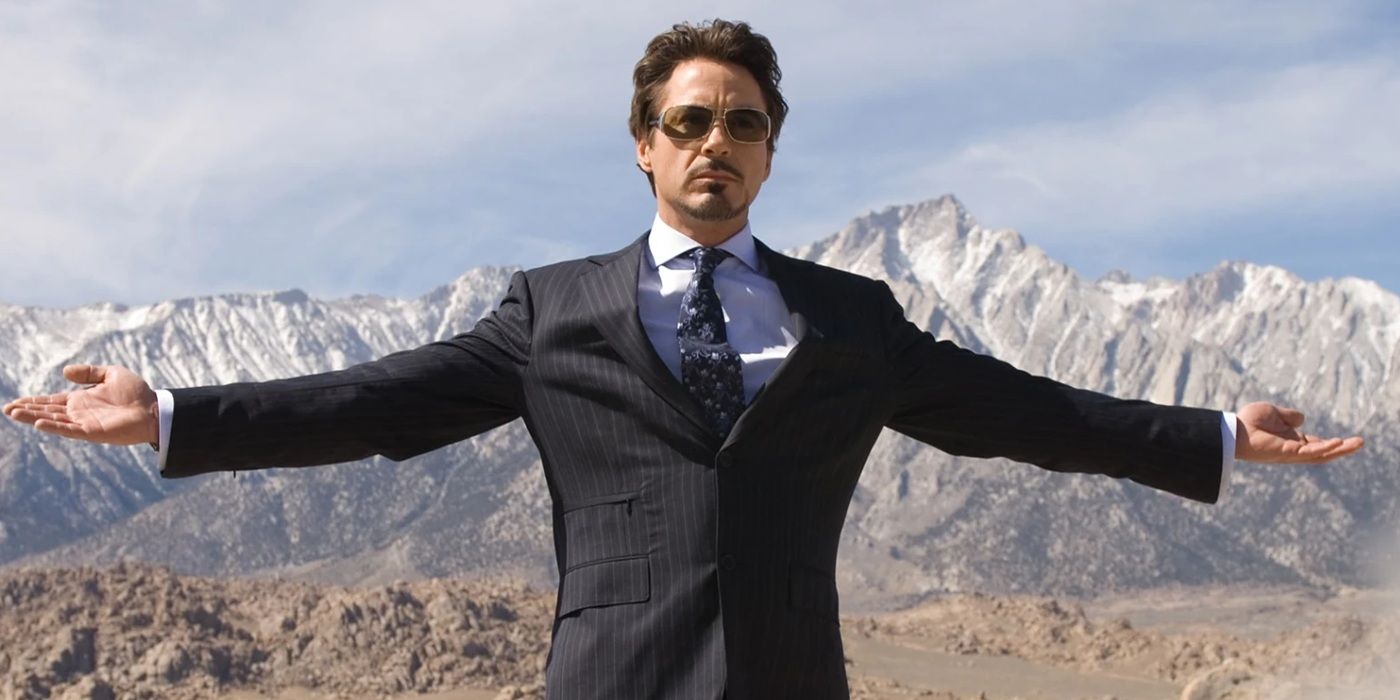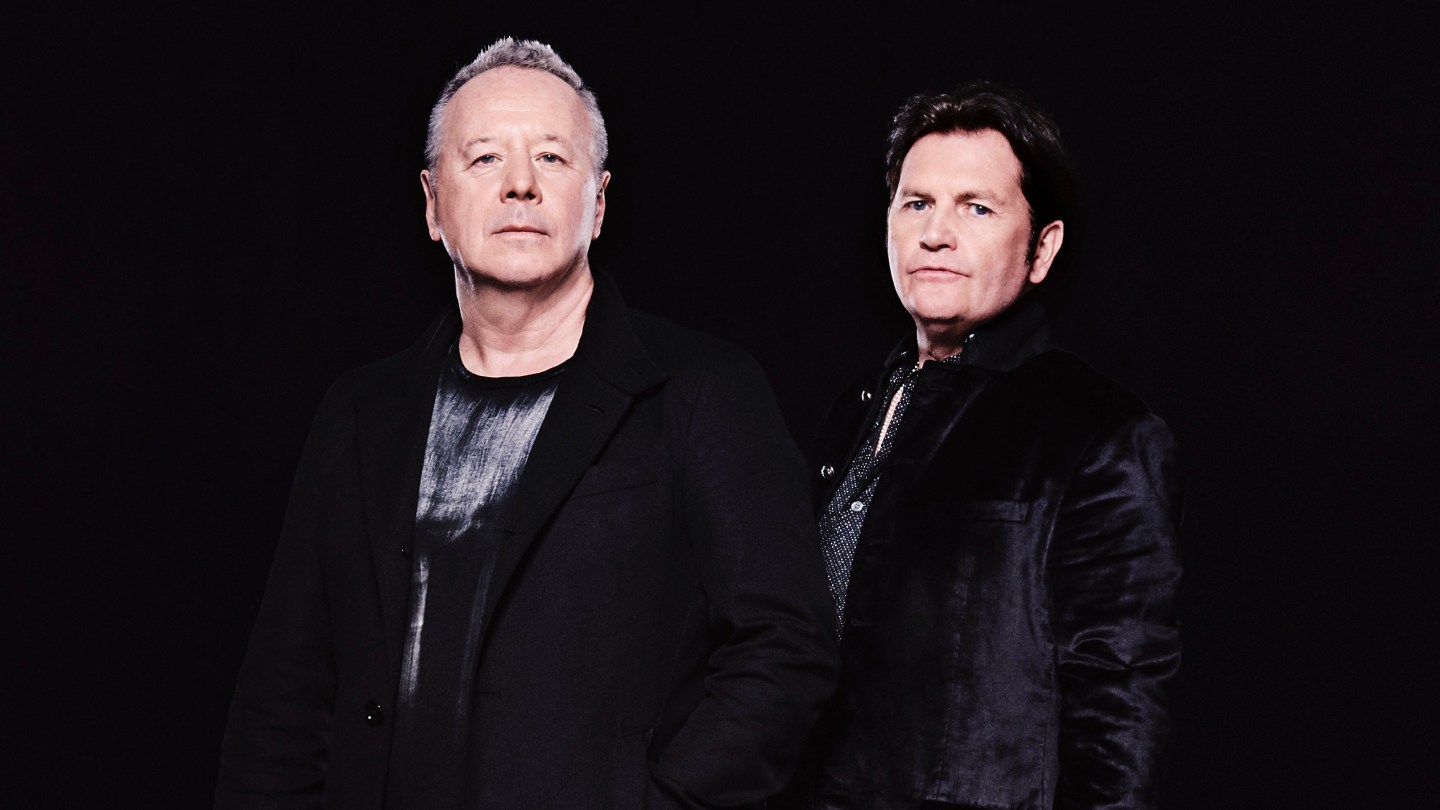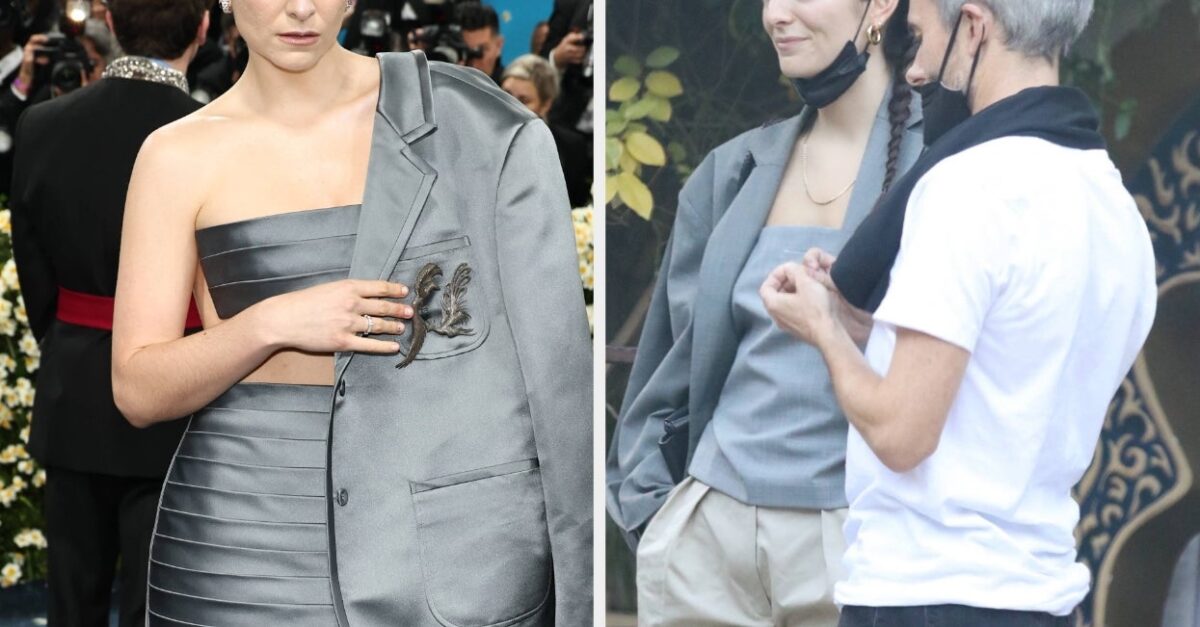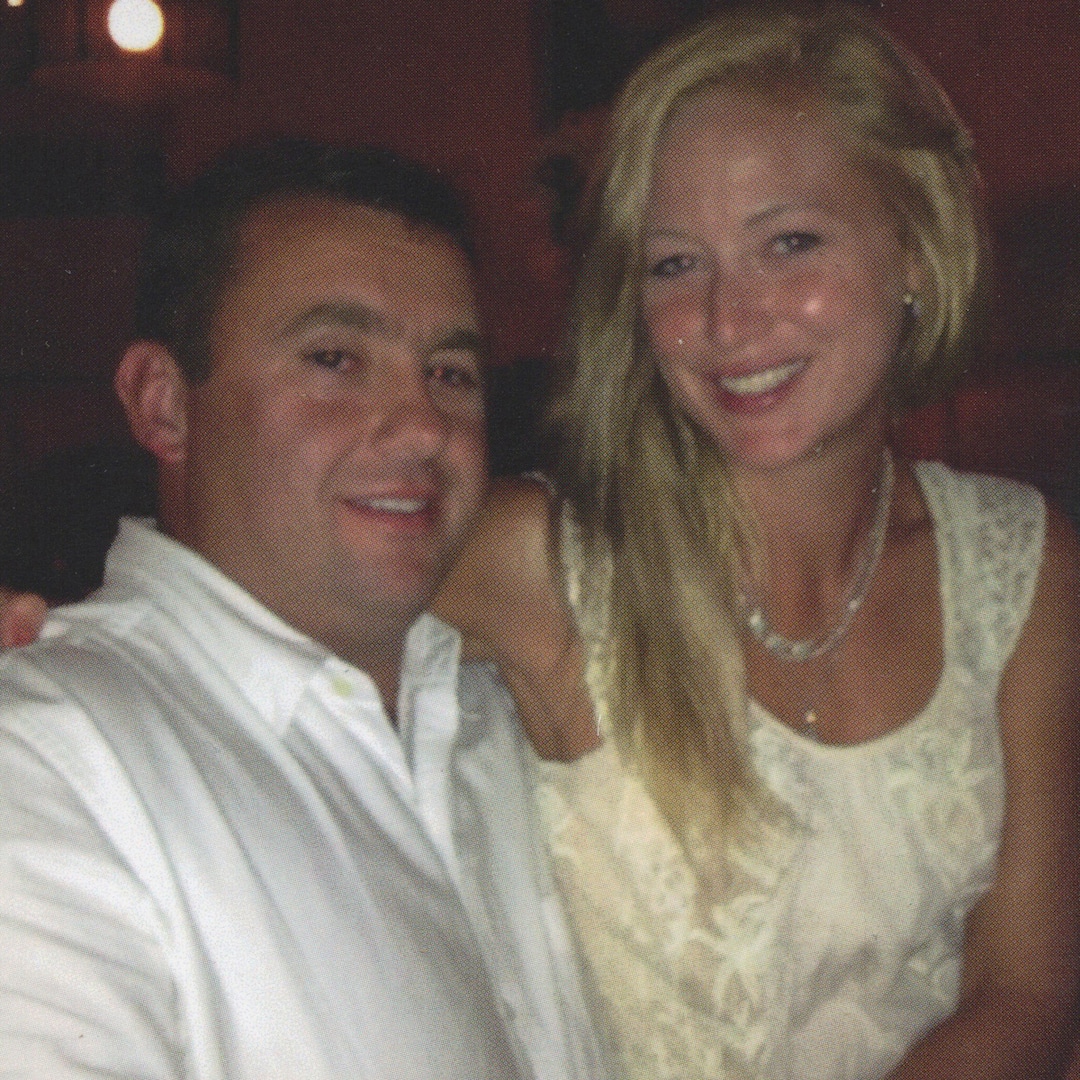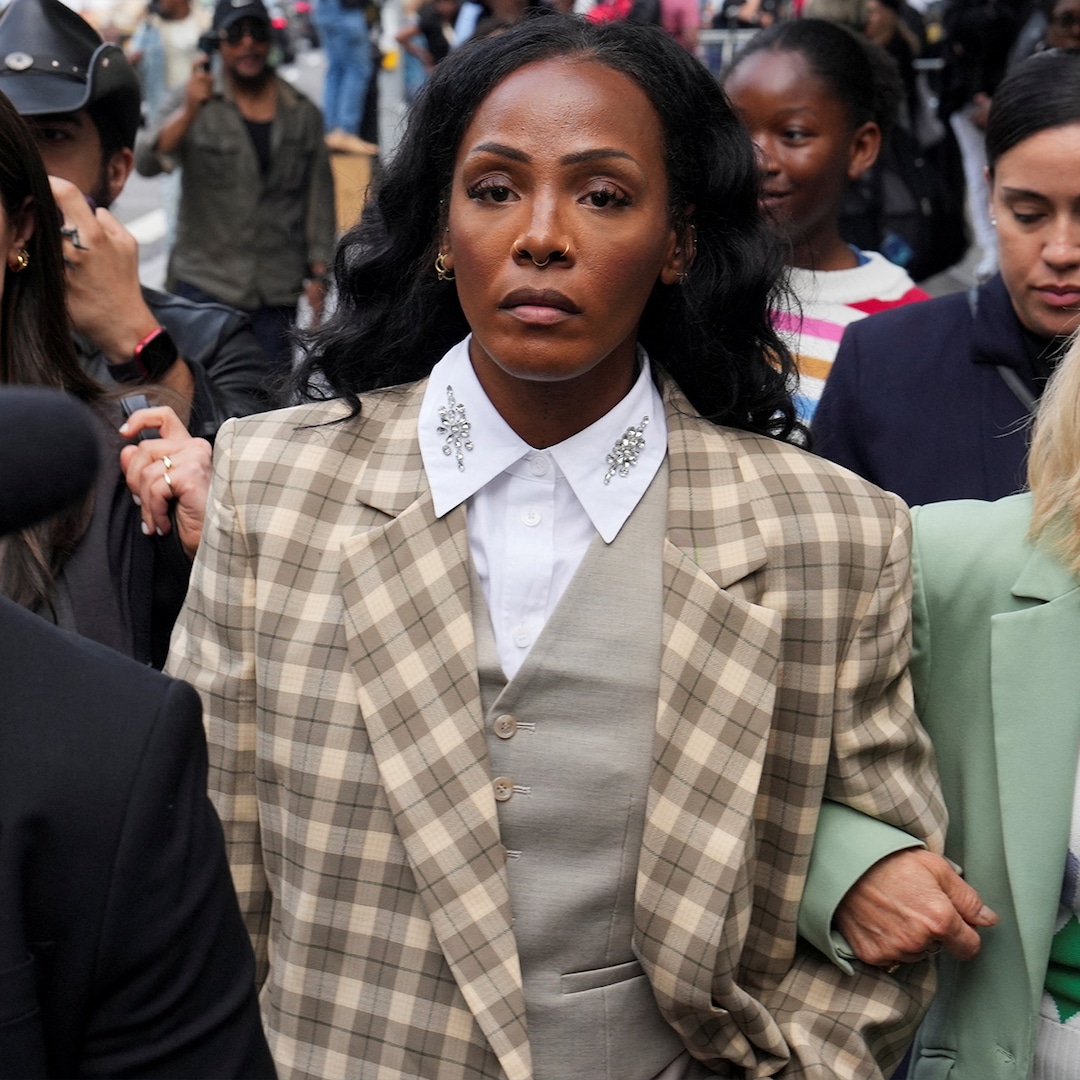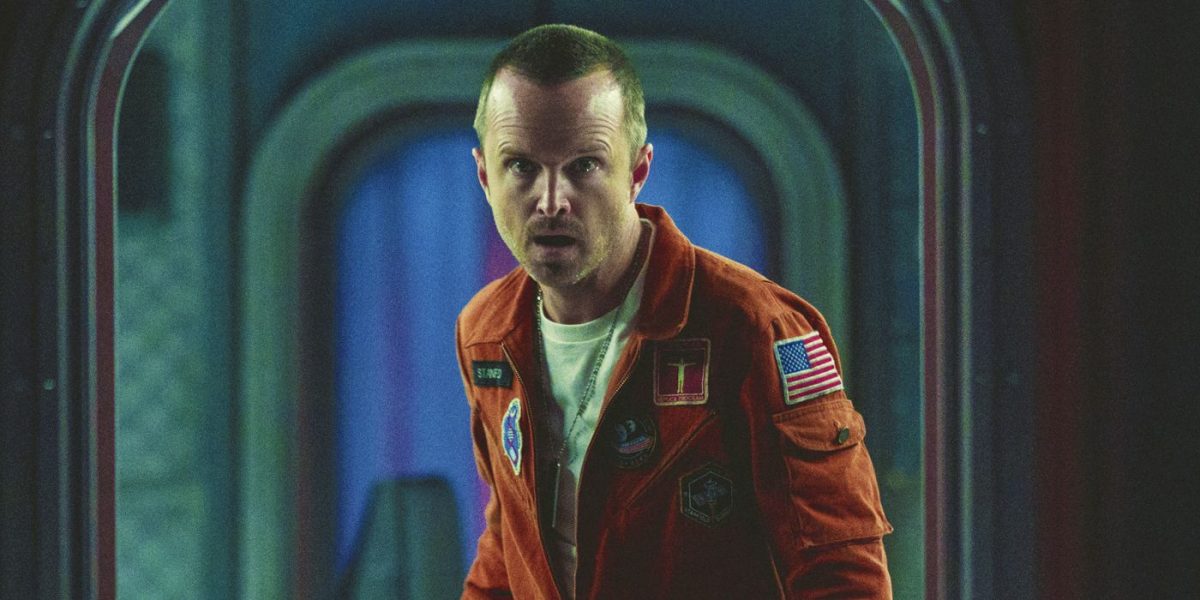
Not as Sharp, But Still Has a Lot to Say
Jun 15, 2023
For the entirety of its run to date, Charlie Brooker’s Black Mirror has played host to some of the boldest sci-fi storytelling ever to grace the small screen. (Who could forget the stomach-churner of an episode that was “The National Anthem,” which instantly set the tone for the sort of narratives that the audience would be in store for?) Over the past five seasons, the underlying theme has always revolved around technology to some degree — its rising influence in human lives, its addictive and potent qualities at the cost of face-to-face interaction, its omnipresence over the mundane. Certain episodes felt disturbingly prescient (and still do, when companies like Boston Dynamics are unveiling new robot dogs in possession of a fair range of abilities), and shocking endings were more prevalent than anything else.
COLLIDER VIDEO OF THE DAYSCROLL TO CONTINUE WITH CONTENT
However, there was a concern, at the time of the last season’s release four years ago, about whether Black Mirror was on the verge of being eclipsed by, well, our own society, given how many advancements have been made in the technological realm. With Season 6, Brooker forges an interesting path forward for the series — one that isn’t taking tech itself to task throughout. Instead, the season ventures to ask the audience to reflect on how we consume our stories, as well as question whether we’re feeding into the most dehumanized parts of ourselves whenever we watch something solely out of spite.
RELATED: ‘Black Mirror’ Season 6: Release Date, Cast, Trailer, and What to Expect
The First Episode of ‘Black Mirror’ Season 6 Introduces Its Biggest Themes
Image via Netflix
There might be no better instance of this new thematic shift than in the episode that kicks off the beginning of the season, “Joan Is Awful,” written by Brooker and directed by Ally Pankiw. Although a little heavy-handed in its messaging at times, it strikes a more overtly comedic tone than some of its successors, due in large part to its lead in Schitt’s Creek’s Annie Murphy. Joan, by her own admission, is a rather unremarkable person, admitting that she had to be talked into getting bold white streaks dyed into her hair, but privately confesses to her therapist that she doesn’t even feel like the “main character” in her own life. From first impressions, it’s tough to argue against that, as we watch her fumble through firing one of her employees (Ayo Edebiri) and debate whether to have a fling with her ex (Rob Delaney), who just happens to be in town for a few days. An ordinary weekday night on the couch with her current boyfriend, however, reveals that a new series has popped up on their Streamberry account: Joan Is Awful, with Joan herself played by none other than Salma Hayek (Salma Hayek Pinault). As Joan reluctantly starts up the first episode, she realizes with no shortage of horror that it’s following the exact events of her day, beat by beat, including all the less-flattering details she’d rather no one else bear witness to.
To divulge any further plot information about the twists and turns taken would be treading into spoiler territory, but what proves most fascinating is how Brooker wields this episode to put forth some of his most incisive commentary about what kinds of stories we’re most often drawn to. Streamberry, the media company behind the fictionalized Joan Is Awful drama, is all but copied beat-for-beat from Netflix (the very streaming service on which Black Mirror premieres), right down to the logo and the interface of the platform itself. It’s a level of meta verging on self-parody — something that apparently Netflix themselves had no objection to — but in the midst of the increasingly outrageous hijinks that Joan orchestrates in the hope of ruining the prestige, dramatized version of her own life, there’s a telling conversation that takes place. The reason why the show is called Joan Is Awful, a Streamberry exec reveals, is because a happier genre for the series didn’t perform well with test audiences. People were only drawn to the negative aspects; in fact, they felt compelled to press play on anything that magnified the most terrible versions of themselves, those they knew, or even complete strangers. Like a car crash impossible to look away from, we can’t exercise restraint when it comes to engaging, willfully, with not just the worst aspects of our own humanity but others’ too.
There’s a smart but subtle throughline in how Season 6’s philosophy also extends to how audiences are prone to devouring anything and everything in the realm of true-crime stories. The second episode, “Loch Henry,” written by Brooker and directed by Sam Miller, starts unassumingly enough by following a young couple’s (Myha’la Herrold and Samuel Blenkin) visit to a quiet Scottish town; their initial intention is to film a quiet nature documentary, but their focus quickly shifts to revolve around the most infamous and shocking event from the village’s past. But it isn’t enough for them to simply make a movie about the known crimes of a serial killer, they discover, after meeting with a production company to try and drum up interest in their project. There has to be a more personal angle, a connection strong enough for the audience to latch on to. The unfortunate flipside of this, however, is that the stories that lean into as much sensationalization as possible leave out humanity in the process. Suddenly, the brutal truth is buried beneath flashy graphics and awards-season accolades, rendering the victims themselves to little more than a footnote during an acceptance speech. It’s hard to watch this episode in particular and not think of the criticism around a series like Dahmer, which itself premiered on the same streamer less than a year ago.
‘Black Mirror’ Season 6 Is Even More About Humanity Than Technology
Image via Netflix
It wouldn’t be completely accurate to suggest that other episodes render technology as more than an afterthought. That said, the back half of Season 6 spends more time focusing on the humanity of its characters rather than leaning into cautionary tales about the ominously boundless aspects of innovation. “Mazey Day,” which hails from Brooker and director Uta Briesewitz, is as much of a period piece as any of the other backdated episodes since it takes place in the early aughts — when the iPod Shuffle had just hit the market and paparazzi photos of celebrities at their lowest moments were starting to sell for upwards of six figures. In fact, it’s that ruthlessness with which photographers hunt down their subjects, as well as how they blatantly try and provoke a reaction out of them, that leads to Zazie Beetz’s character getting out of the soul-sucking field for a while. Only when her financial situation becomes especially dire does she decide to dip back in for one last assignment: pursuing a star-on-the-rise (Clara Rugaard) who ditched the set of her most recent film for reasons unknown. In typical Brooker fashion, the big reveal of this episode may not be something any viewer would instinctively predict, but the lead-up continues to play into the season’s overarching themes of engagement and consumption, especially at the cost of the very real people whose worst moments are forever captured when the flash goes off.
The thorny nature of interpersonal conflict is what dominates arguably the season’s best episode, “Beyond the Sea,” from Brooker and director John Crowley, set against a retrofuturistic 1960s backdrop in which two men (Aaron Paul and Josh Hartnett) are sent on a deep-space mission that removes them from their families on Earth. It doesn’t matter how far away they are from society, however; there’s a rather interesting piece of technology (referred to as the “replica” program) that enables them to pop in at home so that they can spend time with their loved ones. But while Hartnett’s David is depicted as a sensitive, artistic type, capable of drawing entire scenes from memory and using painting as a means of processing some of his deepest trauma, Paul’s Cliff exists at an emotional remove from his wife (Kate Mara) and son, so much so that you have to question whether his visits home are even worth it in the end when he’s simply going through the motions of being a husband and father. The advancements in this society aren’t what fuels the episode, although the scenes that play out between Harnett and Paul feel as close to 2001: A Space Odyssey as anything this show has ever done. Instead, it’s the level to which these two astronauts become emotionally (and physically) connected that most contributes to the story’s brutal climax.
In many ways, this is the most ambitious Black Mirror season that Brooker has crafted, with settings and stories that don’t visually resemble anything that’s come before. “Demon 79,” the only joint writing effort (from Brooker and Ms. Marvel’s Bisha K. Ali) and helmed by Toby Haynes, is also a prime example of saving one of the best for last, with a turn from Anjana Vasan sure to excite viewers who wanted to see even more of her range after the last season of Killing Eve. Each episode may not be a standout in and of itself, but Season 6 is so distinctly varying that no two installments fail by being too similar, either. Perhaps it goes without saying that going into this season blind is the best favor you can do for yourself in advance. Letting these narratives play out with as many unforeseen surprises as possible ensures Black Mirror remains as unpredictable and exciting as it can be at its very best. This time around, Brooker seems determined to rethink the very core of his series’ identity, but this bold strategy also promises a thrilling reset for seasons to come.
Rating: B+
Black Mirror Season 6 premieres June 15 on Netflix.
Publisher: Source link
Lorde Talks About Justin Warren Breakup, Age Gap
Lorde Talks About Justin Warren Breakup, Age Gap The singer was linked to Justin Warren, a Universal Music promotions director 17 years her senior, who she appears to have first met in 2009. Though neither officially confirmed the relationship, it's…
May 19, 2025
Where Are Molly Martens, Jack & Sarah
Where are Jack Corbett and Sarah Corbett now?Jack and Sarah firmly pushed back against the accusation that they’d been brainwashed in any way. “I understand how a lot of people could say, ‘He’s been around a lot of people who…
May 19, 2025
Mobile McDonald’s Near President Trump In Saudi Arabia
Over the years, more stories have come out revealing Trump's affinity for the fast-food chain, including an exposé revealing late-night runs from his head of Oval Office operations, his son Donald Trump Jr., suggesting that President Trump knows the McDonald's menu better than Vice President…
May 18, 2025
Dawn Richard Testifies in Sean “Diddy” Combs Trial
Male Escort Says He Could Hear Sean "Diddy" Combs Assaulting CassieWhen Ventura didn’t join Combs right when he called for her on one occasion, Phillip testified May 12 that Combs threw a liquor bottle in her direction, then grabbed her by…
May 18, 2025
